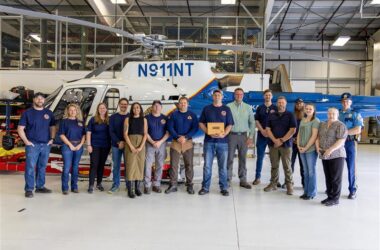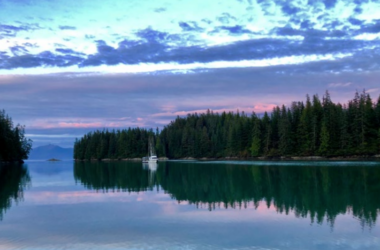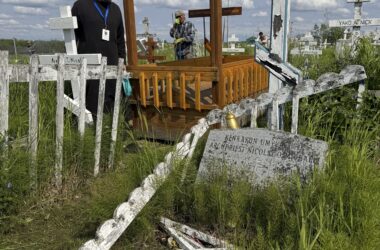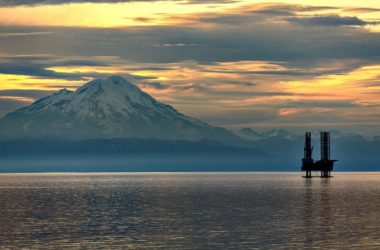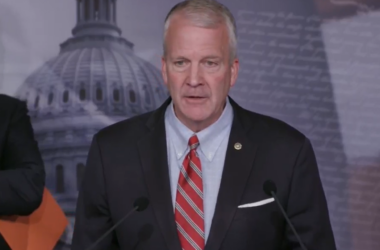State Senator Jesse Bjorkman and State Representative Ben Carpenter engaged in a lively debate on Monday, August 12th, in front of a large crowd at the Soldotna Regional Sports Complex.
Bjorkman, the incumbent, and Carpenter, the challenger, traded criticisms regarding the PFD, Ranked Choice Voting, coalition politics with Democrats, effectiveness, principles, and taxes during the two-hour debate, which was hosted by the local Republican Party.
As such, independent candidate Andy Cizek, who garnered over a thousand votes in 2022, was not invited, although he was in attendance.
Most questions were formulated by the local Republican Party leadership and a few from the audience, thus disdaining the format of a “debate” in which media journalists steered the questions.
Carpenter answered the question of carbon credits, carbon footprints, and alternative energy, saying that wind and solar power were unaffordable and unrealistic. He stated that regulatory agencies, authorized by previous legislatures, were driving out new exploration from Cook Inlet. Importing natural gas would be like Alaska importing salmon. Bjorkman essentially agreed, saying that markets, not government dictates, ought to determine the state’s energy source, and advocated a gas pipeline from the North Slope.
Regarding education, Carpenter directly aimed at Bjorkman, an NEA member and activist. He said that nothing will change so long as the NEA dictates education policy to the state. Bjorkman decried state and federal liberal think-tank ideas on education, which change every few years, and that they do not work.
Bjorkman vigorously defended the “binding caucus” while Carpenter called it an immoral system that forces coalition members to accept budget deals for which they play no part.
Bjorkman called for “workfare”, which would compel recipients of state welfare to provide labor in exchange for support, while Carpenter called for strategic cuts to be made by committee.
In election integrity, Bjorkman said that he was not responsible for the amendments created by the Democrat-led Senate coalition, which killed efforts by the House to clean up Alaska’s bloated voter registration.
Regarding the contentious issue of RCV, Bjorkman admitted he made a mistake in promoting it in 2020, allowing that it did not produce the outcomes he had hoped for. Bjorkman often held Carpenter to task for sponsoring a failed bill for a statewide sales tax, which Carpenter sponsored in the hope of generating revenue needed to mitigate the erosion of the PFD.
Both recognized the need to reign in a judiciary that was violating the state constitution. Carpenter called for possible impeachment, while Bjorkman noted that the executive ought to have refused to enforce the judiciary’s usurpation of the power of the purse and the definition of privacy.
Both advocated a robust pro-life stance against abortion and euthanasia.
Both candidates hoped for a Donald trump presidency to open up ANWR and other natural resources from the federal government, which controls and stifles Alaska’s economy by holding over 65% of the state’s land mass.

